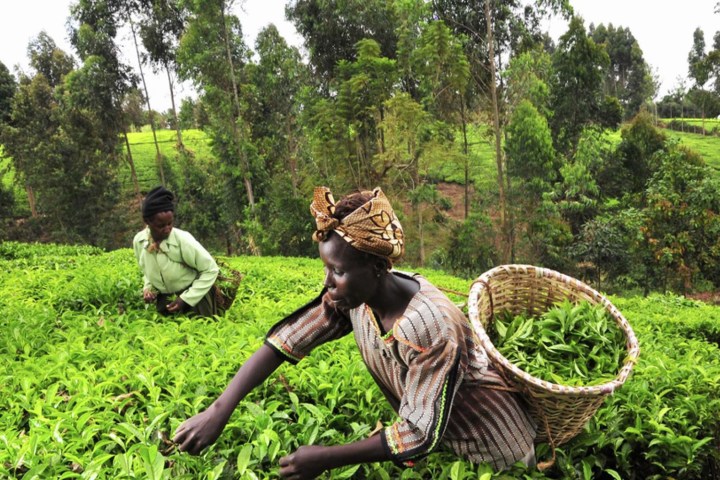
Earth-observing satellites have been used for decades, but recent advancements have enabled smaller, cheaper satellites to make more precise measurements of regions around the world. Where older, satellites have achieved a resolution of about 100 feet, today’s compact satellites can achieve a resolution of nearly 10 feet, according to the researchers. Meanwhile, the cost of building and launching these “smallsats” have been cut drastically and new techniques let researchers analyze land in more detail.
“By combining different wavelengths, we can tell a lot about plant health,” David Lobell, the study’s co-author, told Digital Trends. “That has been known for a long time. To predict yields, we have to piece together snapshots of plant health over the season and figure out how to interpret it in terms of yield. The method we developed to do that relies on crop simulation models, which allow us to create ‘fake’ data to then train our interpretation models.”
Working with corn farmers on small, one-half to one-acre farms, the researchers applied a couple techniques to measure crop yields.
The first approach entails heading out to the farms to compare the satellite imagery to what is actually happening on the ground. However, ground surveys demand lots of time and cost — and that means the approach can’t scale.
The more scalable approach doesn’t rely on ground surveys but instead uses computer models of crop growth to interpret the images, which has proved to be a relatively accurate predictor of crop yield.
“The hope is that, if it becomes really easy and cheap to accurately measure productivity, then it will become the norm to carefully track productivity over time and rigorously evaluate different activities being done in the name of better productivity,” Lobell said. “The fact is that most of what is tried in agriculture doesn’t work and learning more quickly what actually does work would eventually lead to big benefits for farmers and communities.”
The researchers plan to scale up their project to deliver accurate seasonal predictions for all regions of sub-Saharan Africa.


